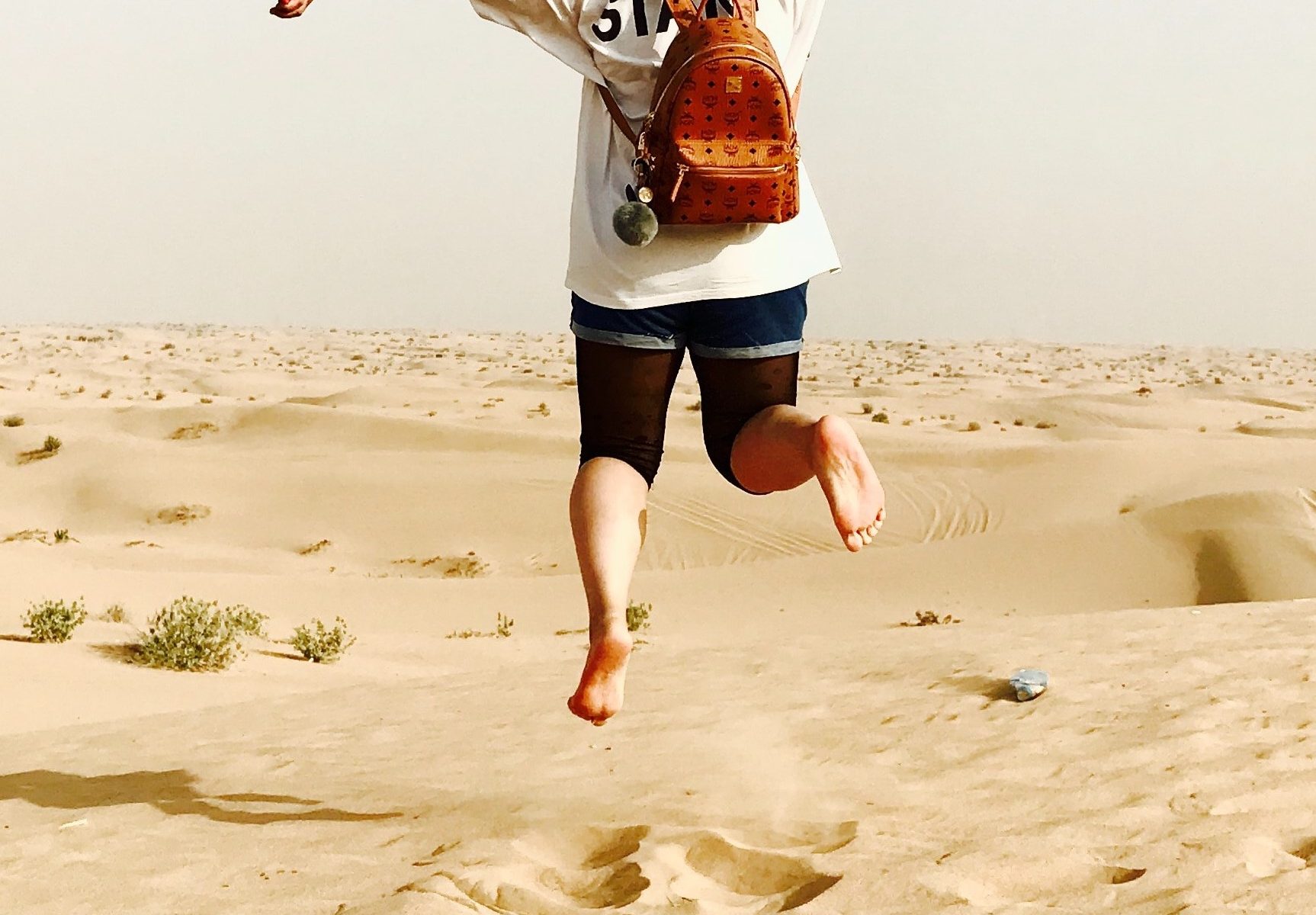
If you had the opportunity to give each of your students a financial scholarship would you? What if I told you that you could, in the form of open educational resources (OER). Initially, that was my motivation to find and use OER. I recognize that I am gaining so much from the experience and to borrow a sentiment from Marie Kondo, It brings me joy and I am going to keep (doing) it.
In this blog post I will share what I have learned about OER and why I think that they are important to students and to educators. I will interject with questions that I am still pondering and I welcome your participation (in my reflective practice) by commenting below the post. In a series of blog posts I will reflect upon and share my journey exploring Open Educational Pedagogy (OEP).
What are OER?
According to United Nations Education, Science, and Culture Organization (UNESCO) the definition of OER first emerged in 2002 and is defined as:
“teaching, learning and research materials in any medium – digital or otherwise – that reside in the public domain or have been released under an open license that permits no-cost access, use, adaptation and redistribution by others with no or limited restrictions.”
UNESCO (2019)
Why I was intrigued?
I was initially intrigued by the idea that a textbook could be a living resource, meaning that educators could make corrections, add content and update the textbook regularly. I teach in programs that are part health and part business and it is rare to find resources that match perfectly to the outcomes of my courses. This means that I am continuously editing, adding, and modifying content to ensure course outcomes are met.
Students Challenged by Costs
One of the main challenges with paid textbooks is that students do not have the required resources on the first day of classes. The reasons are complex but often tied to finances. I attended a Textbook Broke campaign and students explained that sometimes they had to choose required textbooks and access codes over groceries, signing their children up for sports, or future courses.
Aren’t Textbooks Part of Education Costs?
I know you might be thinking aren’t textbooks just part of the cost of going to school. Certainly, this has been the accepted practice. I am not suggesting that authors and businesses should not be fairly compensated for intellectual property and production of textbooks. However, it has been reported that textbook costs have out paced inflation significantly and that 65% of students do not purchase textbooks because of it (Del Valle, G, 2019). Is this a problem? I think so. Is this fair? I do not think so. Something to pause and reflect upon.
OER Increase Student Completion Rates
The benefits for students go beyond saving money on textbook costs. The benefit to having the resources the first day of class means that students can engage at the start, stay on top of homework, and course preparation. So it should not be a surprise that this leads to higher course completion rates and we can anticipate higher program completion rates (Skidmore, 2019). This impacts students who may be disadvantaged, marginalized, and first-generation students (Jhangiani, 2018). The notion that OER/OEP can address concerns in regards to equity, diversity and inclusion is certainly worth exploring.
Benefits for Educators
OER do so much more then save students money the curation and creation of OER also benefits educators. Skidmore (2019) found that when faculty are engaged and involved in the process of creating resources it leads to high quality teaching. As I curate and create OER I am realizing that I am deeply engaged with the material. As I work collaboratively with colleagues and students I am challenged to decide what is required, to view from their perspectives and this process is transformative. My courses will now be driven by collaboratively created OER in a different way then paid textbooks have been. My engagement with the material is deeper and my hope is this will be reflected in my teaching and in my student’s learning.
Why Does it Bring Me Joy?
Curating, creating and organizing collaborative OER is hard work and time consuming but it is breathing new life into my teaching practice. The challenges that OER may assist in addressing are exciting and worth exploring. I have had the opportunity to talk to and learn from OER advocates, students, and colleagues at a deep level and this brings me joy. So, I am going to keep (doing) it.
References
- Jhangiani, R. (2018, October 23). Open Educational Practices in Service of the Sustainable Development Goals. Retrieved from https://thatpsychprof.com/open-educational-practices-in-service-of-the-sustainable-development-goals/
- Skidmore, (2019) J.M. A Place for Policy: The Role of Policy in Supporting Open Educational Resources and Practices at Ontario’s Colleges and Universities. Retrieved from https://uwaterloo.padlet.org/jamesmskidmore/tess2019
- UNESCO, 2019 https://en.unesco.org/themes/building-knowledge-societies/oer
- Del Valle, Gaby, 2019 https://www.vox.com/the-goods/2019/3/6/18252322/college-textbooks-cost-expensive-pearson-cengage-mcgraw-hill



One Reply to “Finding Joy in the Creation of OER”